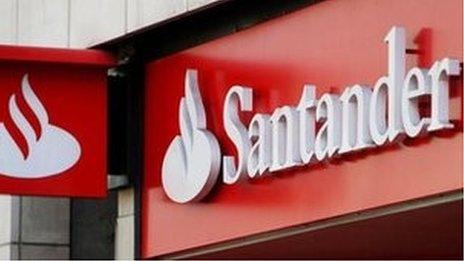Emerging markets boost Banco Santander
- Published
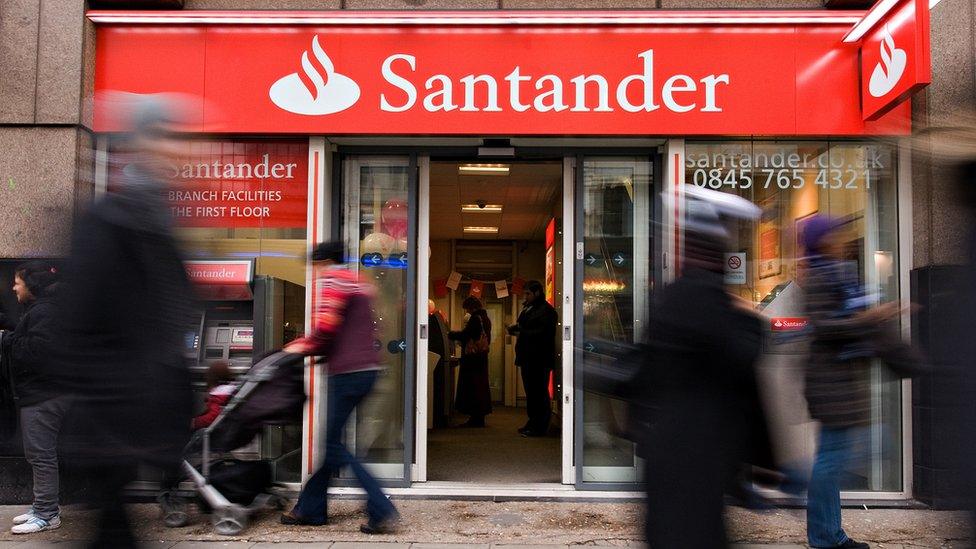
Spanish bank Santander has reported a rise in net profit in the third quarter compared with a year ago, helped by its performance in emerging markets in Latin America.
Net profit was up by 1% to €1.69bn (£1.51bn).
In the UK, its biggest market, Santander said the Brexit vote had resulted in "economic uncertainty and financial market volatility".
It said it had put aside £30m extra for Payment Protection Insurance claims.
The bank's net profit for the quarter dropped to £477m in the UK, down from £496m for the same period last year. It was also down in its third-biggest market, Spain.
However, its second-biggest market, Brazil, saw a "strong performance", with an increase in both profit and net interest income.
The group's net interest income - the money it made on lending, measured by the difference between the interest it gets from borrowers and what it pays savers - fell by 2.3% to €7.79bn.
"While the low-interest-rate environment within developed economies remains a challenge for parts of our business, the resilience of our business model has allowed us to continue to deliver, with our Latin American and consumer finance franchises growing particularly well throughout the year.," said the group's executive chairman, Ana Botin.
However, she added: "We expect to end 2016 exceeding last year's profit, enabling us to increase our dividend per share and earnings per share."
Best estimate
In its UK management statement, external, the bank said it expected the country's decision to leave the EU to result in the near term in "lower consumer confidence and, over time, lower economic growth".
"In addition, the lower value of sterling, when combined with an ongoing increase in oil prices, is likely to lead to higher inflation," it added.
Nathan Bostock, UK chief executive, added: "Although we have not seen a material impact on our business in the short period since the EU referendum, we do expect a more challenging macroeconomic environment ahead."
The additional £30m provision for PPI mis-selling in the third quarter means that in the first nine months of this year, Santander has set aside £397m for compensation and related costs.
It said the provision "represents our best estimate of future PPI-related claims costs, including the impact of the delayed two-year time bar".
Lloyds Banking Group announced on Thursday it had set aside an extra £1bn in the third quarter to handle PPI costs.
'Substantial growth'
Challenger bank Metro Bank also reported , externalquarterly profits on Wednesday.
The bank, which listed on the London Stock Exchange in March, saw underlying pre-tax profits jump by 118% to £600,000 compared with the second quarter, when it made a loss of £3.4m. It did not report an equivalent figure for the third quarter of 2015.
Its net interest margin was 1.95% - up from 1.93%, compared with the second quarter, where, again, it did not report an equivalent figure.
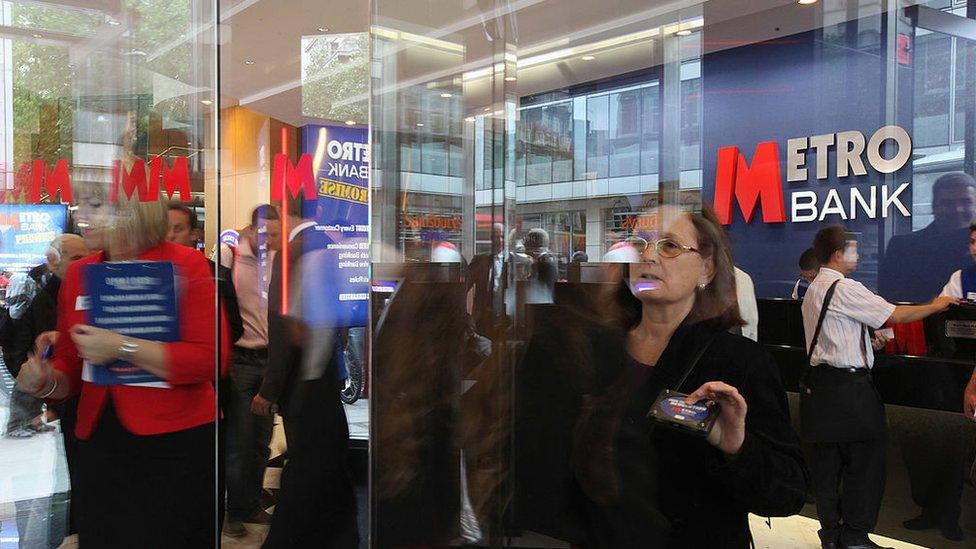
Metro, which offers retail, business and private banking, said customer accounts had risen from 780,000 in the three months to 30 September to 848,000.
Lending increased by 73% to £5.19bn. while total deposits were up 66% to £7.3bn.
"I am delighted to announce another strong quarter, with substantial growth across lending, deposits and customer accounts, as well as the bank reporting its first quarterly underlying profit," said chief executive Craig Donaldson.
- Published15 August 2016
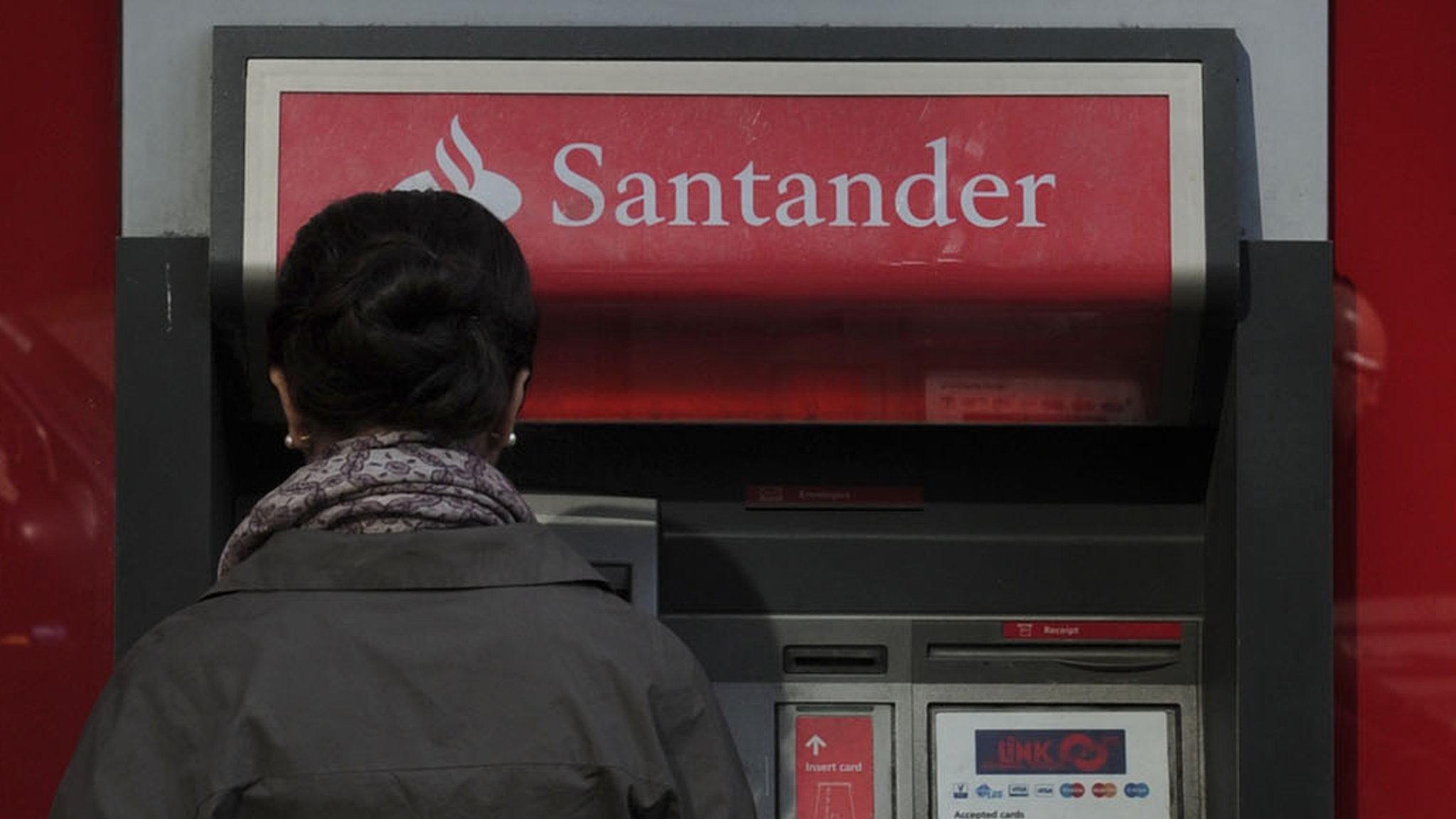
- Published29 October 2015
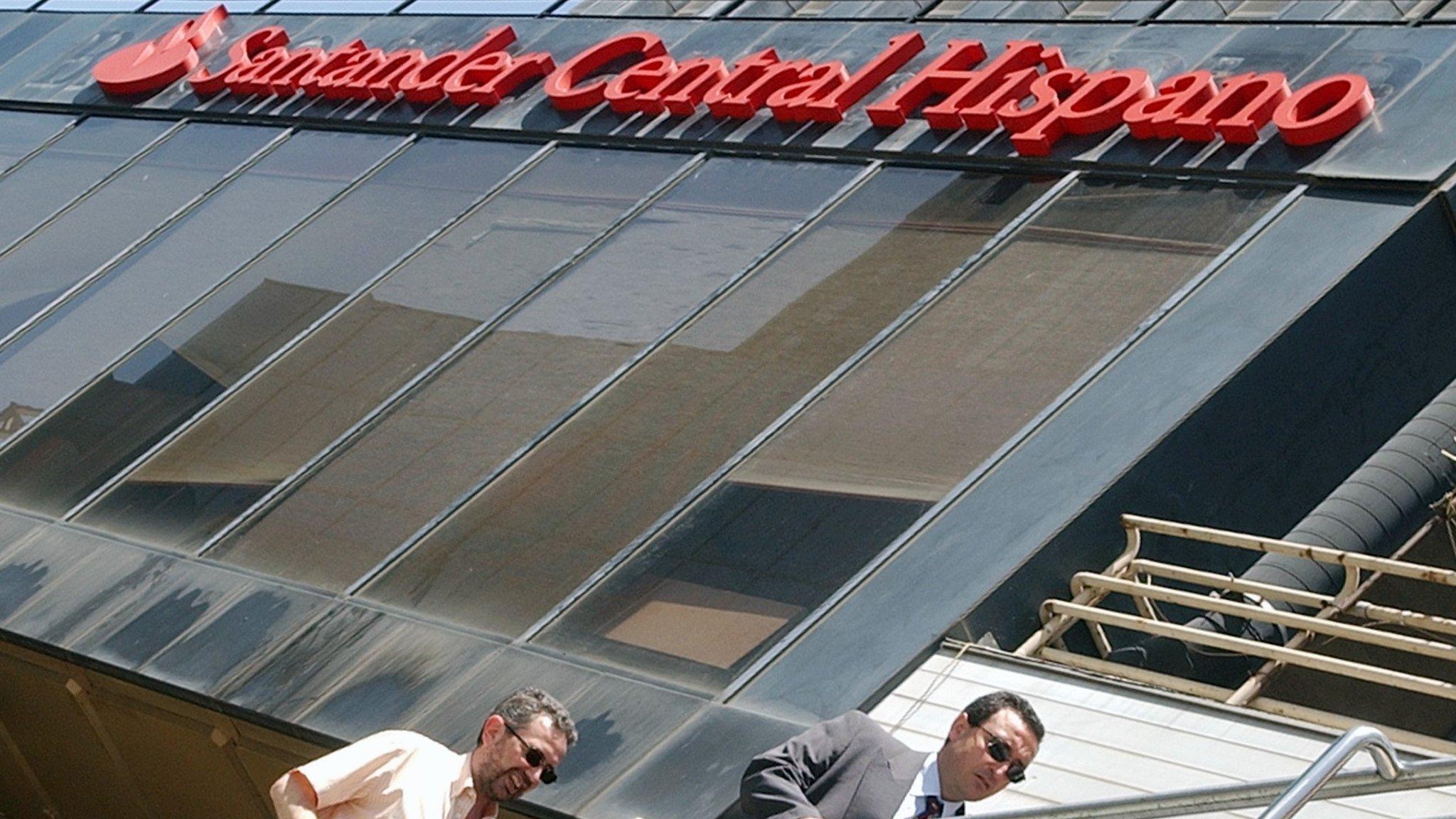
- Published30 July 2015
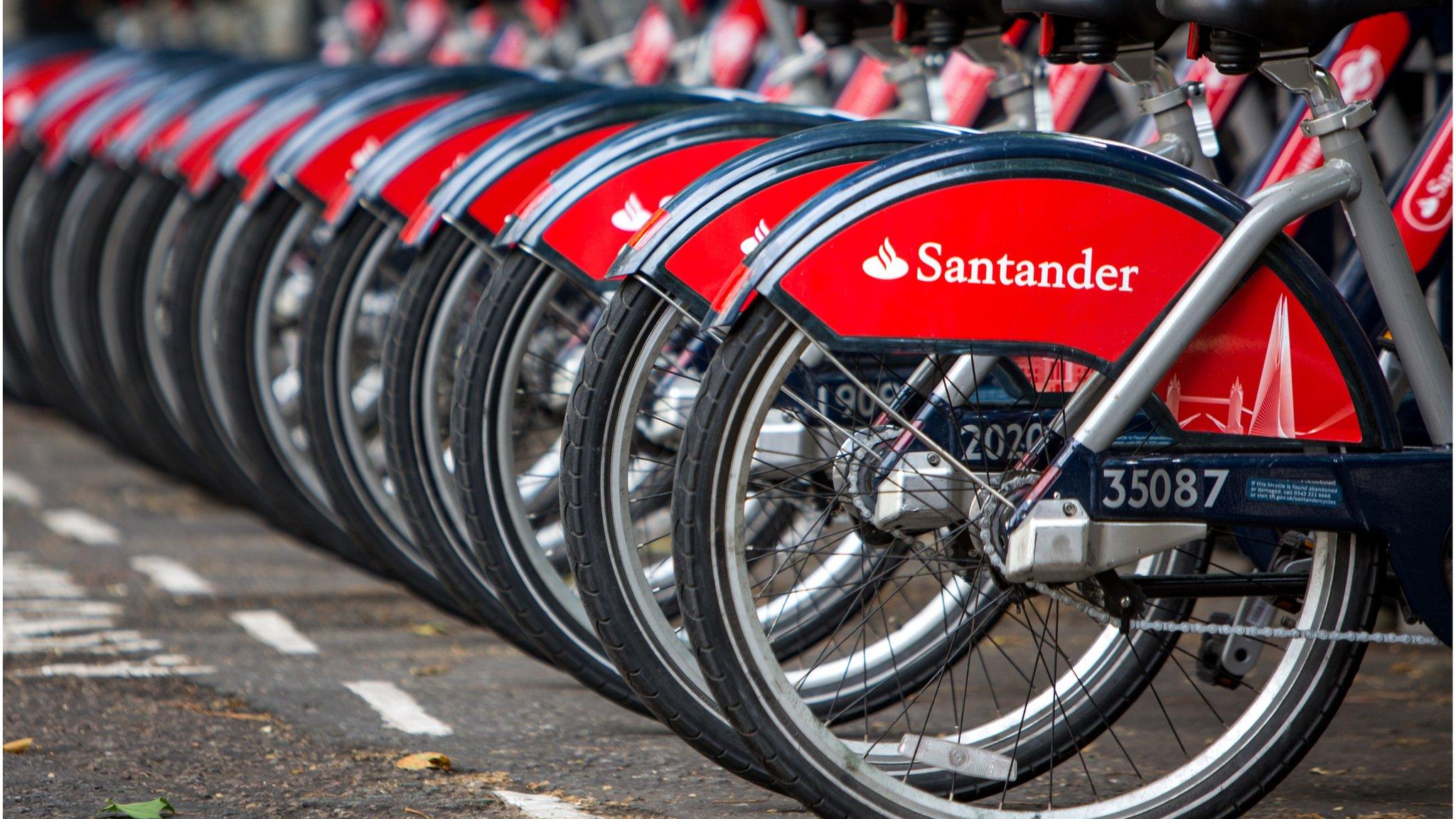
- Published13 May 2016
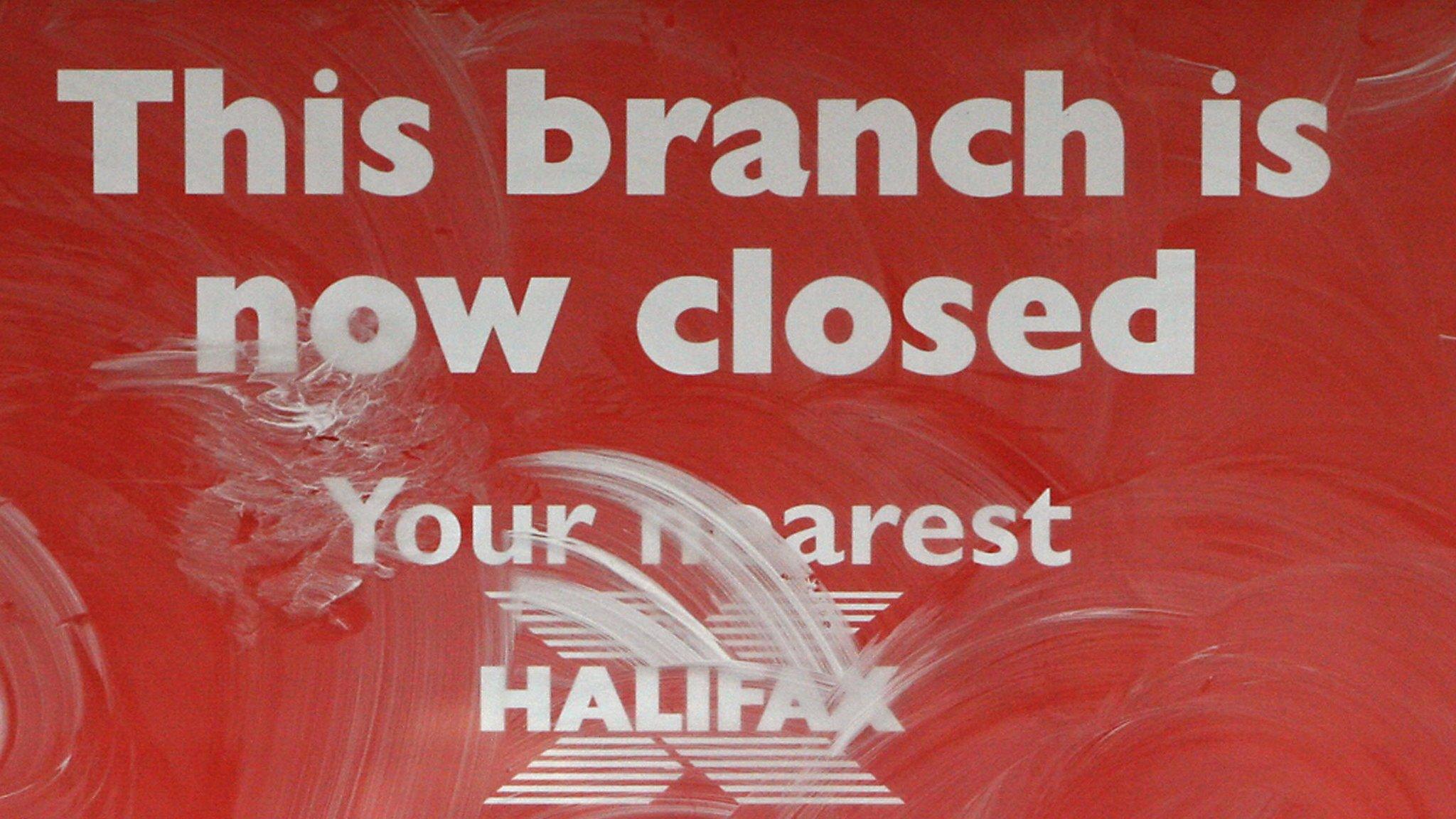
- Published3 February 2015
